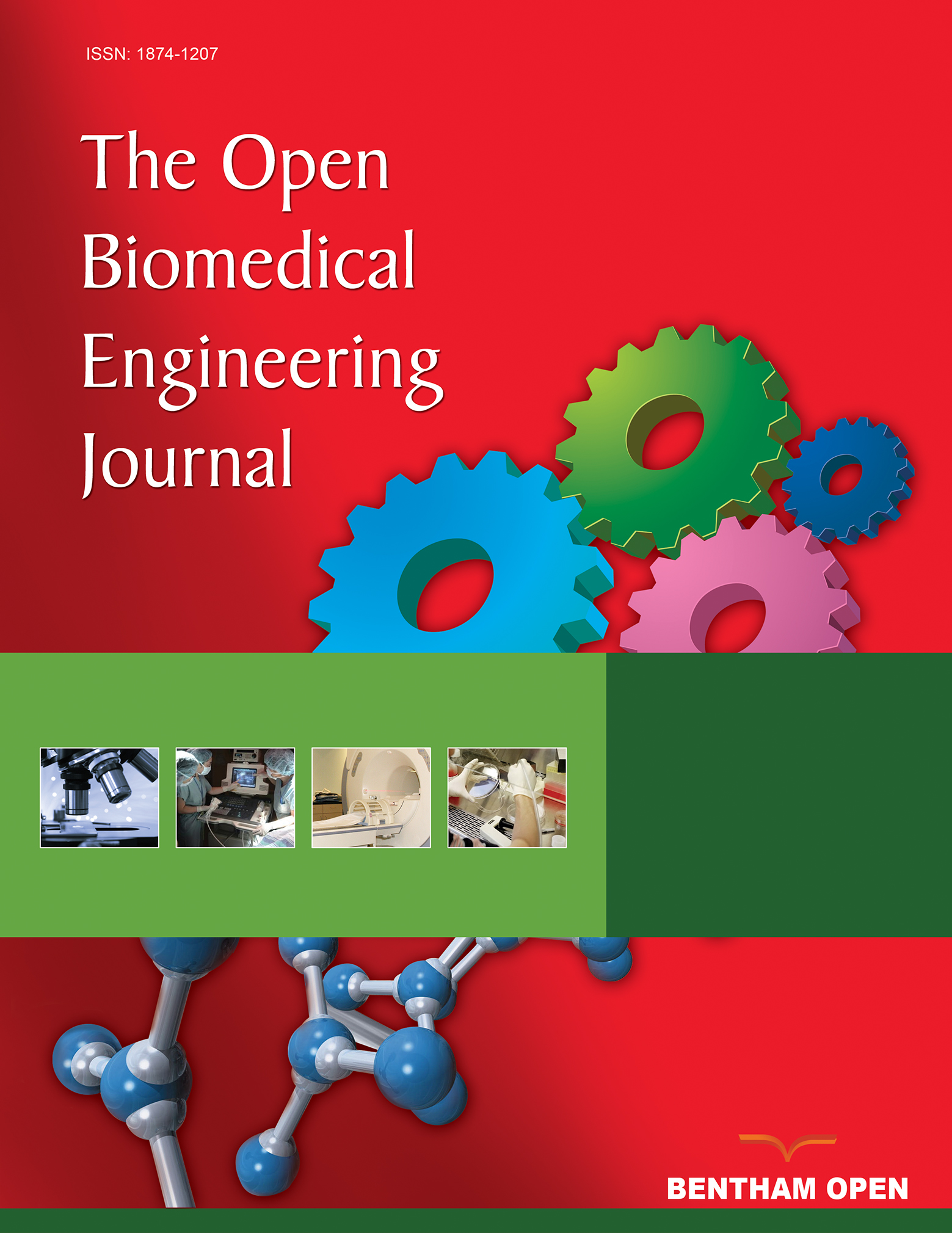Artificial Intelligence Approaches in Healthcare Informatics Toward Advanced Computation and Analysis
Abstract
Introduction
Automated Machine Learning or AutoML is a set of approaches and processes to make machine learning accessible for non-experts. AutoML can exhibit optimized enhancement of an existing model or suggest the best models for precise datasets. In the field of computerized Artificial Intelligence (AI), medical experts better utilize AI models with available encrypted information science ability.
Methods
This paper aims to characterize and summarize the stage-wise design of Automated Machine Learning (AutoML) analysis e-healthcare platform starting from the sensing layer and transmission to the cloud using IoT (Internet of Things). To support the AutoML concept, the Auto Weka2.0 package, which serves as the open-source software platform, holds the predominant priority for experimental analysis to generate statistical reports.
Results
To validate the entire framework, a case study on Glaucoma diagnosis using the AutoML concept is carried out, and its identification of best-fit model configuration rates is also presented. The Auto-ML built-in model possesses a higher influence factor to generate population-level statistics from the available individual patient histories.
Conclusion
Further, AutoML is integrated with the Closed-loop Healthcare Feature Store (CHFS) to support data analysts with an automated end-to-end ML pipeline to help clinical experts provide better medical examination through automated mode.


